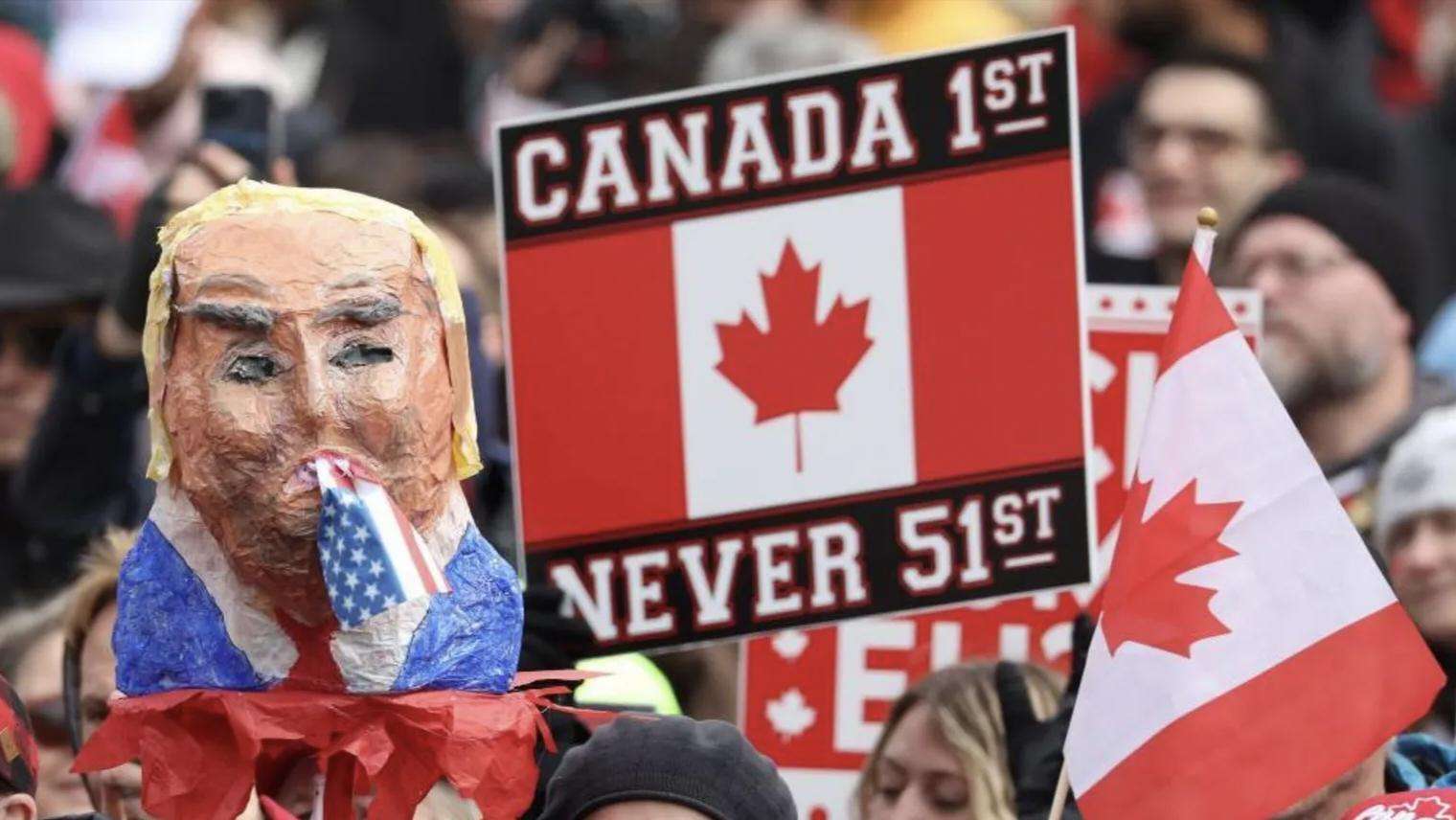Mark Carney and Canada’s Liberal Party have pulled off a surprising election victory — one that, ironically, may have been helped by Donald Trump.
Since returning to office in January, the U.S. president has frequently criticized Canada and joked about making it the 51st American state. His antagonism appeared to trigger a major political shift that favored the centre-left Liberals, who were struggling in the polls under Justin Trudeau’s leadership.
Until recently, Pierre Poilievre’s Conservative Party seemed poised to win, benefiting from voter frustration over Canada’s economic struggles and a decade of Liberal rule. Globally, many incumbent governments have suffered losses recently, from the U.S. to Germany and India — but Canada defied the trend.
The Liberals replaced Trudeau with Mark Carney, a political newcomer and former Bank of England governor. Carney ran a campaign focused on countering what he and his party portrayed as a growing threat from Trump — to both Canada’s economy and its national sovereignty.
Despite how Trump’s rhetoric may have fueled the Liberal comeback, no gratitude is expected from Carney or his party — nor is Trump likely to ease up on his critical comments. Just last month, he briefly said he preferred a Liberal prime minister before walking back the statement.
Instead, tensions are likely to continue. Trump is expected to keep mocking Canada, threatening trade measures, and questioning long-standing U.S.-Canada partnerships.
Ironically, Trump’s focus on undermining Canada may have backfired — helping ensure a Liberal win and blocking Poilievre, a conservative more aligned with Trump’s priorities like cutting taxes, reducing social spending, and promoting fossil fuels.
Had the Conservatives won, it might have been viewed as a sign that Trump’s brand of populist, culturally conservative politics was spreading globally. Now, with Carney in charge, the two countries may drift further apart politically and diplomatically.
Carney has already indicated a pivot toward closer ties with Europe rather than the U.S., which could provoke more criticism from Trump. Still, he’s also planning trade talks with Washington to avoid looming U.S. tariffs on Canadian auto exports.
With the Canadian economy deeply tied to the U.S. market, Carney has promised to act decisively to avoid a recession. But as Trump again stirred controversy on election day by calling the U.S.-Canada border “artificial” and saying Canada would be better off as part of the U.S., it’s clear that the new Canadian leader will face a uniquely intense challenge in dealing with his American counterpart.








.svg)


